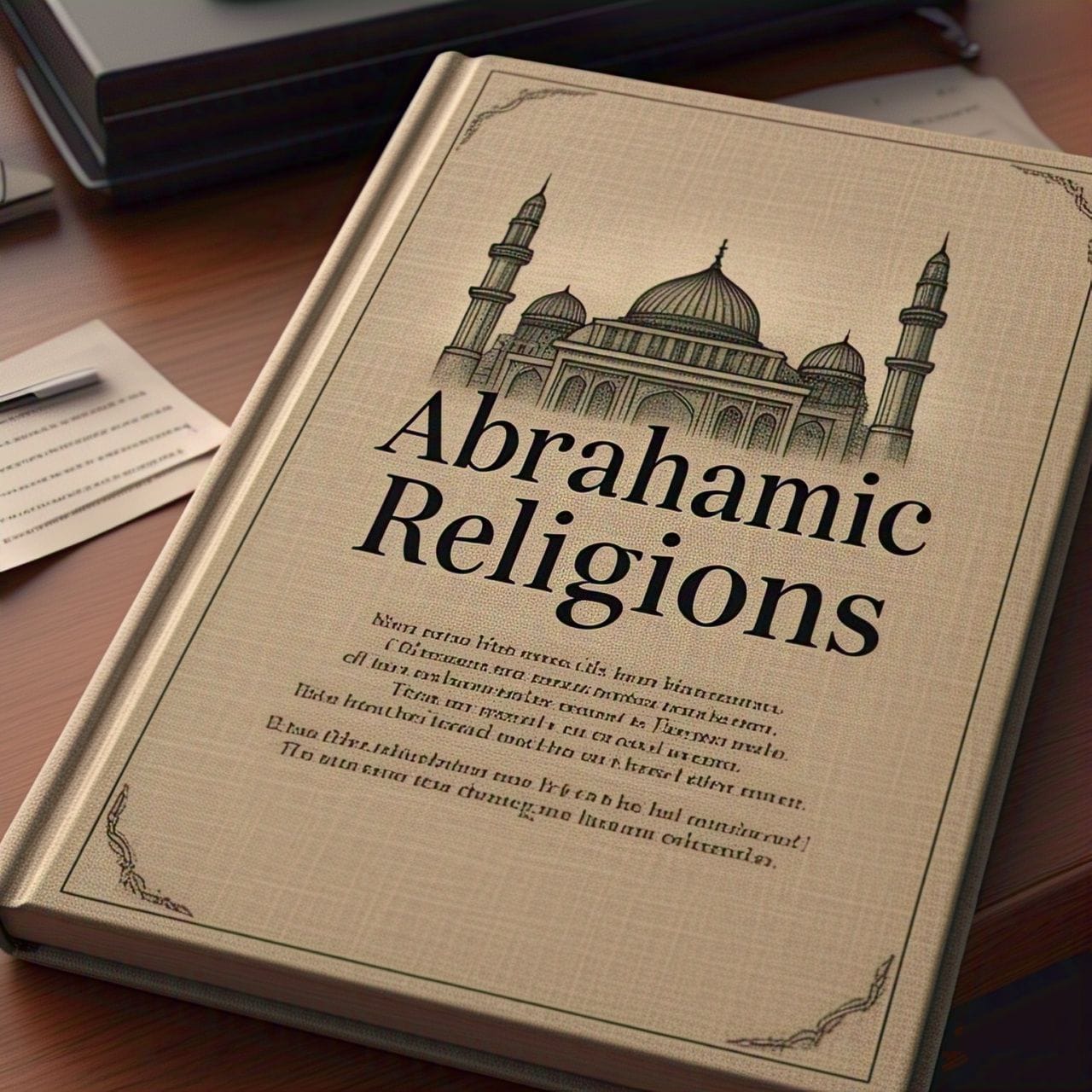What do you know about Abrahamic Religions
Let's talk about the Abrahamic religions: Judaism, Christianity, and Islam. These major faiths make up a huge chunk of the world's religious community. They all go back to Prophet Abraham and, despite their different beliefs and practices, they share a lot of core ideas that really highlight their spiritual and ethical connections.
These religions believe that God, the creator of everything, set up a system to guide humanity by sending prophets like Adam, Noah, Abraham, Moses, Jesus, and Muhammad. Each prophet brought God's message to the people of their time, with Adam being the first and Muhammad being the last.
Now, let's break down some key beliefs they all share:
- Monotheism: This is a big one. All Abrahamic faiths hold the belief in one, all-powerful God who knows everything and loves everyone. The Quran puts it this way in Surah Al 'Imran: "O Prophet! Say: 'O People of the Book, come to a common word between us and you that we will worship none except Allah, that we will not associate any partner to Him, and that none of us take others for lords besides Allah. 'But if they turn away, say: 'Be witnesses that we have submitted [to one God].'" (Quran, 3:64)
Similarly, in Judaism, it's said, "Hear, O Israel: The Lord our God, the Lord is one."
And Christianity also talks about one God but includes the Trinity, which is God as Father, Son, and Holy Spirit. It’s a strange that you believe in one God as well as in trinity.
- Prophethood: Prophets are super important in these religions. They're the messengers of God's words. Judaism respects prophets like Moses who brought the Torah. Christianity sees Jesus as fulfilling the prophecies of the Hebrew Bible and bringing in the New Testament. Islam celebrates a whole line of prophets from Adam to Muhammad, with Muhammad bringing the final word from God as the holy Quran.
- Ethical and Moral Conduct: All three religions advocate for leading a life rooted in justice, compassion, and honesty. Judaism promotes these values through its commandments, emphasizing social justice and the importance of repairing the world. Christianity focuses on love and forgiveness, exemplified by Jesus' Sermon on the Mount. Meanwhile, Islam offers a comprehensive set of guidelines through its divine laws, known as "Sharia," which stress righteousness, prohibit wrongdoing, and encourage practicing core human values like truthfulness, trustworthiness, and fairness to everyone.
- Eschatology: They all have ideas about the end times and what happens after we die. Judaism has various thoughts about the afterlife but really emphasizes living a good life now. Christianity talks about Jesus coming back, the final judgment, and heaven or hell. Islam looks forward to the return of Imam Mahdi and Jesus to set up a world ruled by divine law, which leads to the Day of Judgment and the afterlife.
To wrap it up, while these religions share a lot of basics, each one brings something unique to the table. Islam, being the upgraded and final, claims to wrap up all the teachings before it, making it a complete divine message. This draws people looking for a complete spiritual path, showing just how relevant and appealing these ancient, connected faiths are today.
To know more about pure religion of God, please Visit: findtruth.co.uk










